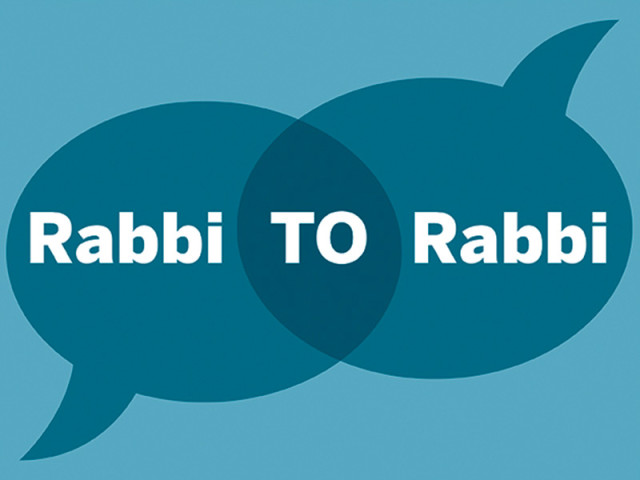The heroes of Chanukah were warriors, pious believers, political protesters and more, but their story changes depending on the audience, a situation that reflects our own flaws.
Rabbi YAEL SPLANSKY
Holy Blossom Temple, Toronto
Rabbi MARK FISHMAN
Congregation Beth Tikvah, Montreal
Rabbi Splansky: The majority of Israeli schoolchildren are taught that the Maccabees defended the Jewish right to sovereignty in the land. Ultra-Orthodox schoolchildren, by contrast, learn that the Maccabees were pietists who defended the religious way of life in a dangerously secular world. Liberal Jews of the Diaspora may see the Maccabees as political protesters who spoke truth to power.
It’s no surprise we retell the story so many different ways today. We recreate the Maccabees in our own image.
Rabbi Fishman: It’s easy to sit back, look at which camp we align with and view ourselves as descendants of the Maccabees. But doing so is short-sighted. Truly great moments in history are never unidimensional.
The Maccabees were all of the things you mention, plus so much more. They were soldiers fighting on a battlefield, pietists defending religious purity, political protesters fighting for their right to practise their religion in their own land. We become very scared of such a combination of virtues because we ourselves have become boxed into smallness.
Our human condition has been robbed of the broad expanses that include all such approaches to Judaism. The result is tragic. We have become narrow and suspicious of those not like us – almost to the point where we feel we no longer have a shared language of those who are not in our camp or our particular sub-community.
Rabbi Splansky: The history of Chanukah is still being played out today. Jewish particularism must be defended so that Judaism is not lost to secularism, and Jewish universalist values must be defended so that Judaism is not lost to fundamentalism. As the Jewish scholar Rabbi Yitz Greenberg wrote about Chanukah, “Ultimately, the touchstone of human survival will be the ability of people with passionately held beliefs and absolute commitments to allow for pluralism.… How to achieve this respect without surrendering to indifference or group selfishness is the great challenge.”
Rabbi Fishman: Earlier this year, Harvard University legal scholar Cass Sunstein published his findings on people who spend time among groups that hold the same feelings and opinions as they do. He reported that “the like-minded make us more confident that we know everything and more set and extreme in our views. And that makes groups of like-minded people more prone to groupthink, more vulnerable to fallacies and less circumspect and moderate in irreversible decisions they make.”
Sunstein suggests the only way to counter this is to spend time with those not like us. But how many are so lucky as to be able to say they can achieve this today?
Rabbi Splansky: This age-old debate is becoming increasingly important for Israel-Diaspora relations. North American Jewry, especially the younger generation, is passionately universalistic in its outlook, while Israeli Jews are passionately particularistic in their worldview. That is understandable, given the surrounding influences of each centre of Jewish life.
The essential question of the day is not how to negotiate power between the two, but how to integrate the two truths into one ideal. Diaspora Jews, at risk of being overwhelmed by secular culture, need a greater dose of particular identity, knowledge, practice, passion and pride. Israeli Jews, at risk of becoming parochial and isolated, need a greater appreciation for universal outlooks and aims, exposure, practices and pride.
Rabbi Fishman: What it means to be a Jew is, of course, to play a dual role in the conversation of humankind. But our first language must be our own mother tongue. Jews need to increase their level of Jewish literacy, feel at ease in the synagogue and enjoy robust Jewish home lives.
If, as statistics show, Jewish life in Israel is growing and increasing while Jewish communities in the Diaspora are dwindling, then this trend can only be fought and overcome when the Jewish People once again find their uniquely Jewish voice in terms of what makes us a distinct people with distinct responsibilities.
Following such a foundation, we then look toward the broader society and find ways to share the light we love with the world we work towards illuminating.
